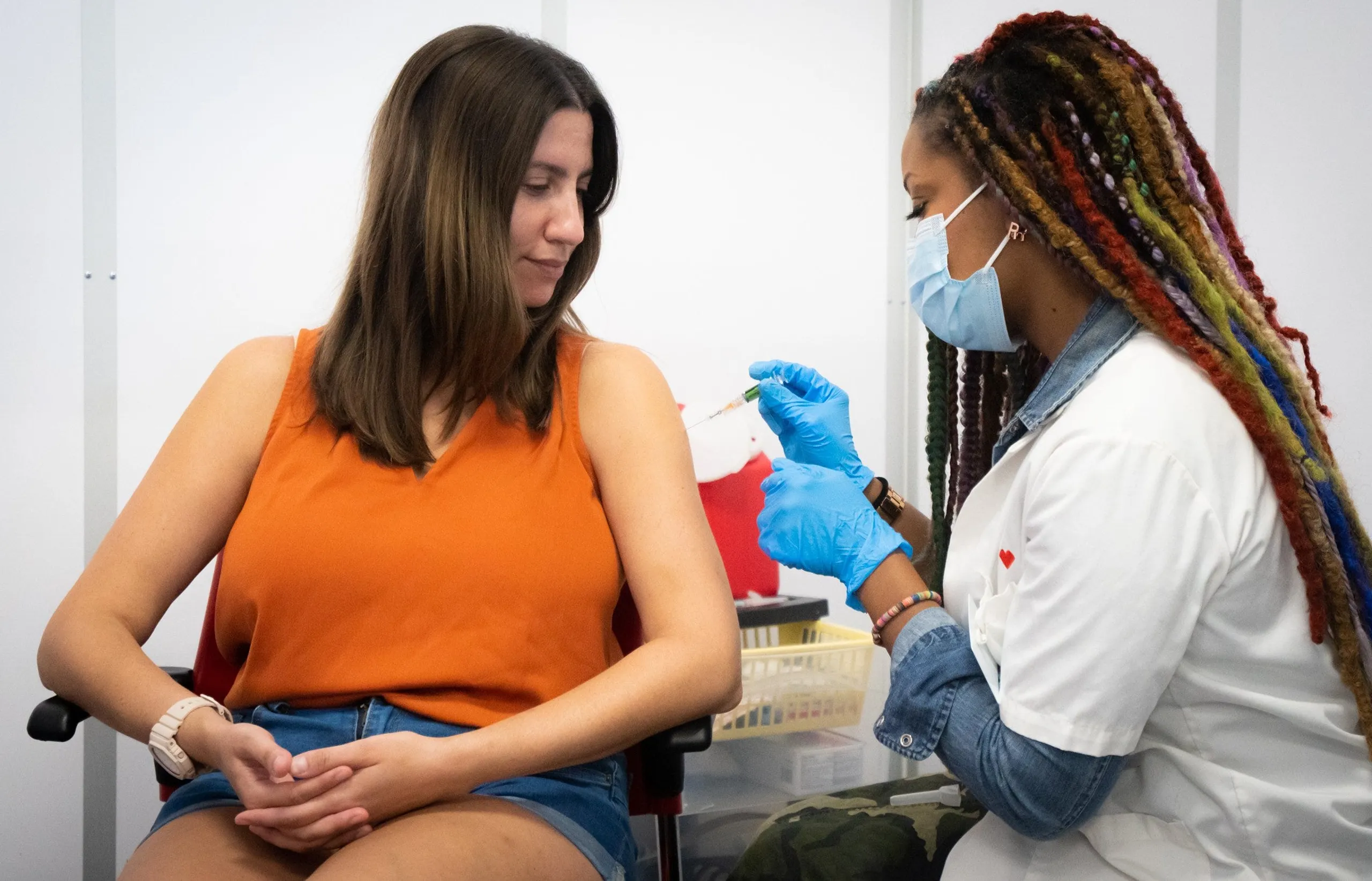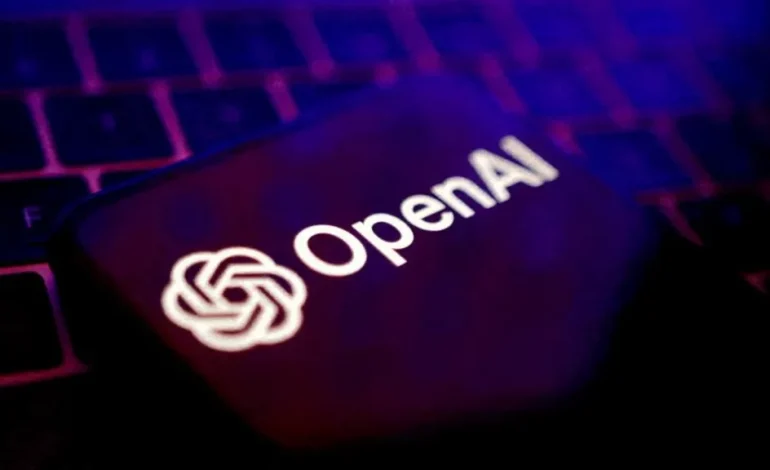Elon Musk’s $97.4 billion bid to acquire OpenAI has been officially rejected by the company’s board, but experts suggest that his attempt may still have a lasting impact on OpenAI’s future, BBC reports.
Even though Musk’s offer fell short of OpenAI’s estimated $157 billion to $300 billion valuation, it could complicate CEO Sam Altman’s plans to restructure the organization.
OpenAI operates under a hybrid structure, with both non-profit and for-profit entities. Altman reportedly wants to shift more control to the for-profit arm, which could require significant financial maneuvering. Musk’s bid may have been less about acquiring OpenAI and more about raising the perceived value of its non-profit assets, making it more costly for Altman to move forward with restructuring.
By placing a price tag on OpenAI’s non-profit component, Musk has introduced a financial and legal challenge. Lutz Finger, a Cornell University senior lecturer, explains that Musk’s move effectively increases the price OpenAI would have to pay to separate from its non-profit obligations.
Musk, who co-founded OpenAI in 2015, argues that his goal is to return the organization to its non-profit roots, ensuring AI development benefits humanity. However, critics believe his motives may be more self-serving.
His own AI venture, xAI, and its chatbot, Grok, have struggled to gain traction against OpenAI’s ChatGPT. Some analysts, like Finger, suggest Musk is simply trying to slow down a competitor that has pulled ahead in the AI race.
Tensions between Musk and Altman have escalated in public exchanges. After Musk’s offer was rejected, Altman mocked the bid on social media, prompting Musk to call him a “swindler”. Altman later suggested in a Bloomberg interview that Musk acts out of “insecurity” rather than strategy.
Musk is also challenging OpenAI in court. A US district judge is considering his request for an injunction to block OpenAI’s corporate restructuring. Musk argues that OpenAI’s transformation into a profit-driven company violates its original mission, while OpenAI’s lawyers counter that his billion-dollar bid contradicts his claims, since it suggests he is willing to see OpenAI’s assets transferred—as long as he is the buyer.
Whether or not Musk ever intended to close a deal, his actions have already disrupted OpenAI’s trajectory. Some believe his real aim was to create uncertainty and slow down OpenAI’s growth while drawing attention to his own AI efforts.
However, this strategy could also damage Musk’s reputation. While he remains a visionary entrepreneur behind Tesla, SpaceX, and Neuralink, his high-profile feuds and legal battles may raise doubts about his motives in the AI sector.
For now, OpenAI has successfully rebuffed Musk’s takeover attempt—but the impact of his intervention may linger as Altman navigates the company’s next steps.








